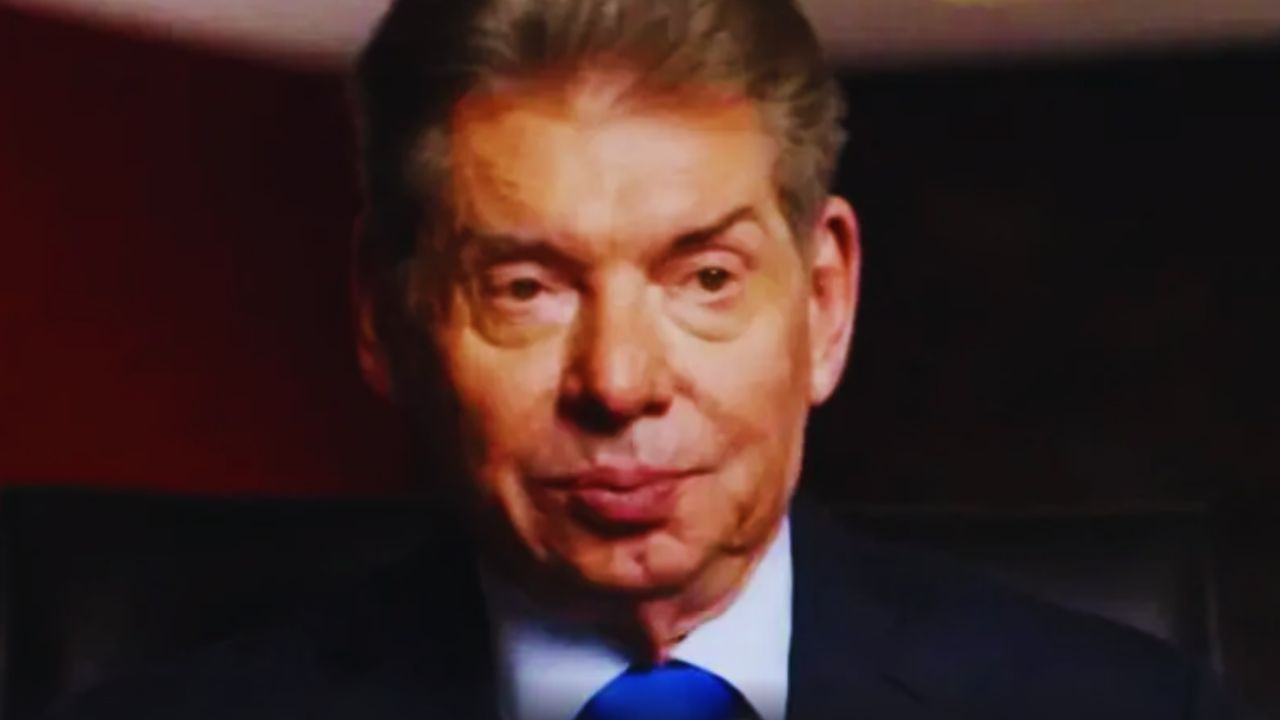Vince McMahon Admitted Ex-WWE Star’s Constant Losing Was A Rib
In the world of professional wrestling, the effects may be predetermined, however the memories and in the back-of-the-scenes dynamics are whatever but predictable. One such revelation has come to light concerning Vince McMahon, the previous chairman and CEO of World Wrestling Entertainment (WWE), and his treatment of a former star, Nic Nemeth, better regarded to wrestling enthusiasts as Dolph Ziggler. This revelation has forged a brand new light on the internal workings of WWE and the innovative choices that shape the careers of its wrestlers.
Vince McMahon, who was at the helm of WWE for over forty years, became the organization right into a multi-billion-dollar amusement empire. His leadership, however, has now not been without controversy. In September 2023, McMahon stepped down after WWE received with the aid of Endeavor, in a deal valuing the organisation at almost $10 billion. His departure got here amid numerous misdeeds and allegations, which include the continued Janel Grant sexual trafficking lawsuit, which has been paused because of a federal investigation that could lead to criminal charges towards McMahon.

Throughout his tenure, McMahon had the final say in the creative direction of WWE, deciding which wrestlers would emerge victorious and which would suffer defeats on television. One wrestler who found himself frequently on the losing end was Dolph Ziggler, despite being a two-time WWE World Heavyweight Champion and a fan favorite.
Nic Nemeth, who performed as Dolph Ziggler, spent nearly two decades with WWE before being released in September 2023. During his tenure, he garnered several championships, yet many fans and analysts felt he was underutilized and often booked to lose more than his fair share of matches.
In a revealing appearance on the “Francine’s Eyes Up Here” podcast, Nemeth shared an intriguing and somewhat disheartening story about why he was booked to lose so frequently. According to Nemeth, WWE Hall of Famer Pat Patterson, a significant supporter of his, was a key figure in this narrative. Patterson, who played a vital role in WWE’s creative process, saw great potential in Nemeth and often advocated for him.
Nemeth recounted how Patterson’s support paradoxically led to him being booked to lose even more matches. “Either nobody is rooting for you in the meeting because you’re not 6’5” or 300 pounds, or you’re not Vince’s or Hunter’s [Triple H] favorite guy, so no one is going to be like, ‘Yeah, that’s a good idea, boss. I like him too.’ There is not one of those things. Then, there is also the other extreme where Pat Patterson was a big fan of mine, and he was more of a consultant. Some months he is there every TV, sometimes he’s talking to Vince all the time, and some months he’s gone for a few weeks,” Nemeth explained.
He continued, revealing a startling conversation he had with a top WWE executive: “Also, I got to a point where the top of the top, other than Vince, pulled me aside and said, ‘Pat pushes for you so much because he says such great things and sees such great things in you, that we’re actively ribbing him by having you lose every week.’ He laughed when he said it. I go, ‘That’s funny, but that’s my career where I already lose 80% of the time, now I’m losing 95% of the time. Come on.’ They thought it was a cool thing to tell me.”
This anecdote sheds light on the sometimes arbitrary and personal nature of WWE’s creative decisions. It highlights how personal biases and internal politics can significantly impact a wrestler’s career, often in ways that the public never sees.
Since his departure from WWE, Nic Nemeth has continued his wrestling career on the independent circuit and in TNA Wrestling. He remains a prominent figure in professional wrestling, consistently proving his resilience and talent. On June 14th, Nemeth and his brother Ryan will challenge Eddie Edwards and Bryan Myers for the TNA Tag Team Titles at TNA’s “Against All Odds.”
The story of Dolph Ziggler’s frequent losses as a rib against Pat Patterson serves as a reminder of the complex and often unpredictable nature of the professional wrestling industry. It underscores the fact that behind the glitz and glamour of WWE’s televised events lies a world of intricate dynamics and personal relationships that shape the destinies of its stars.




